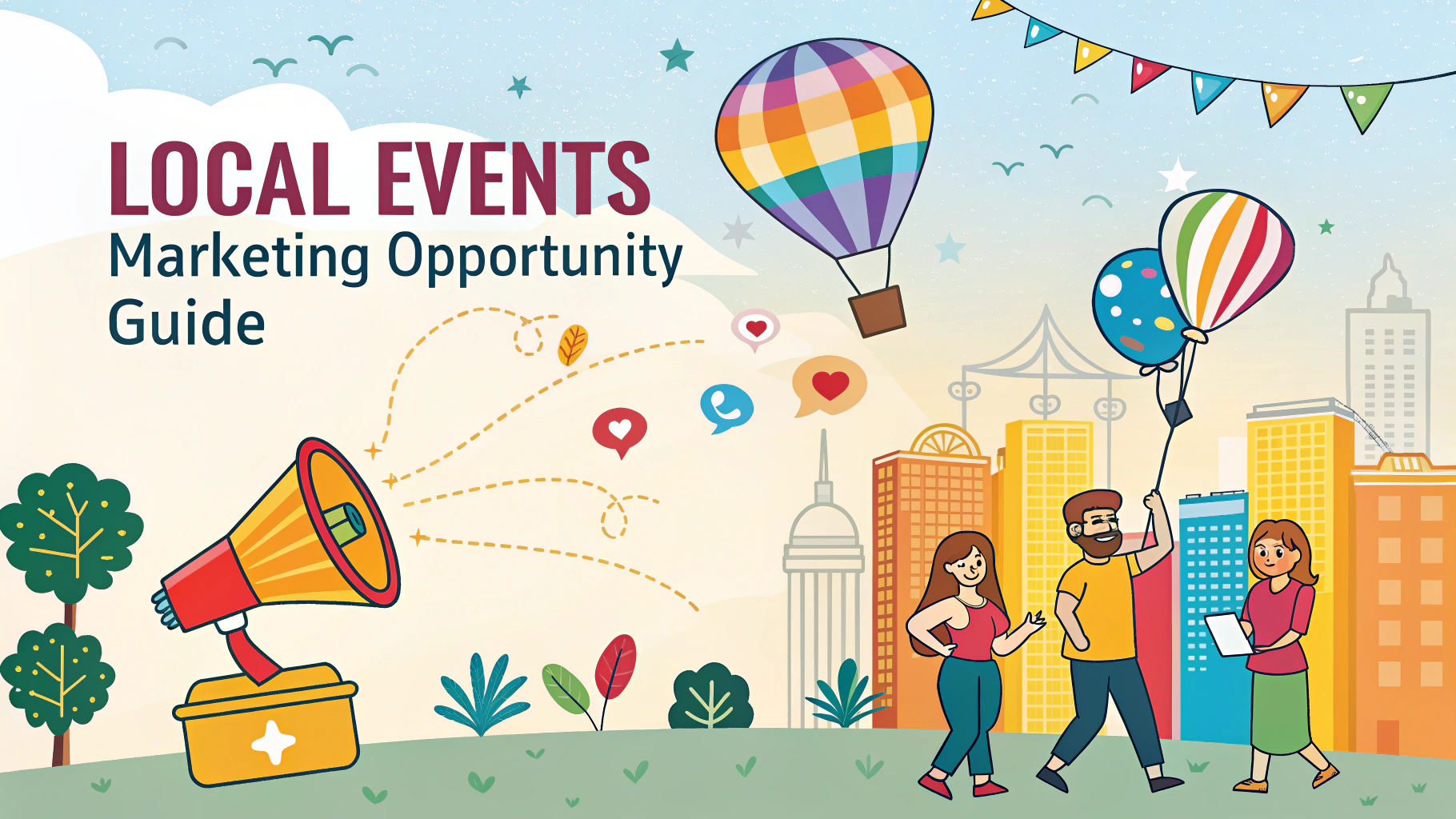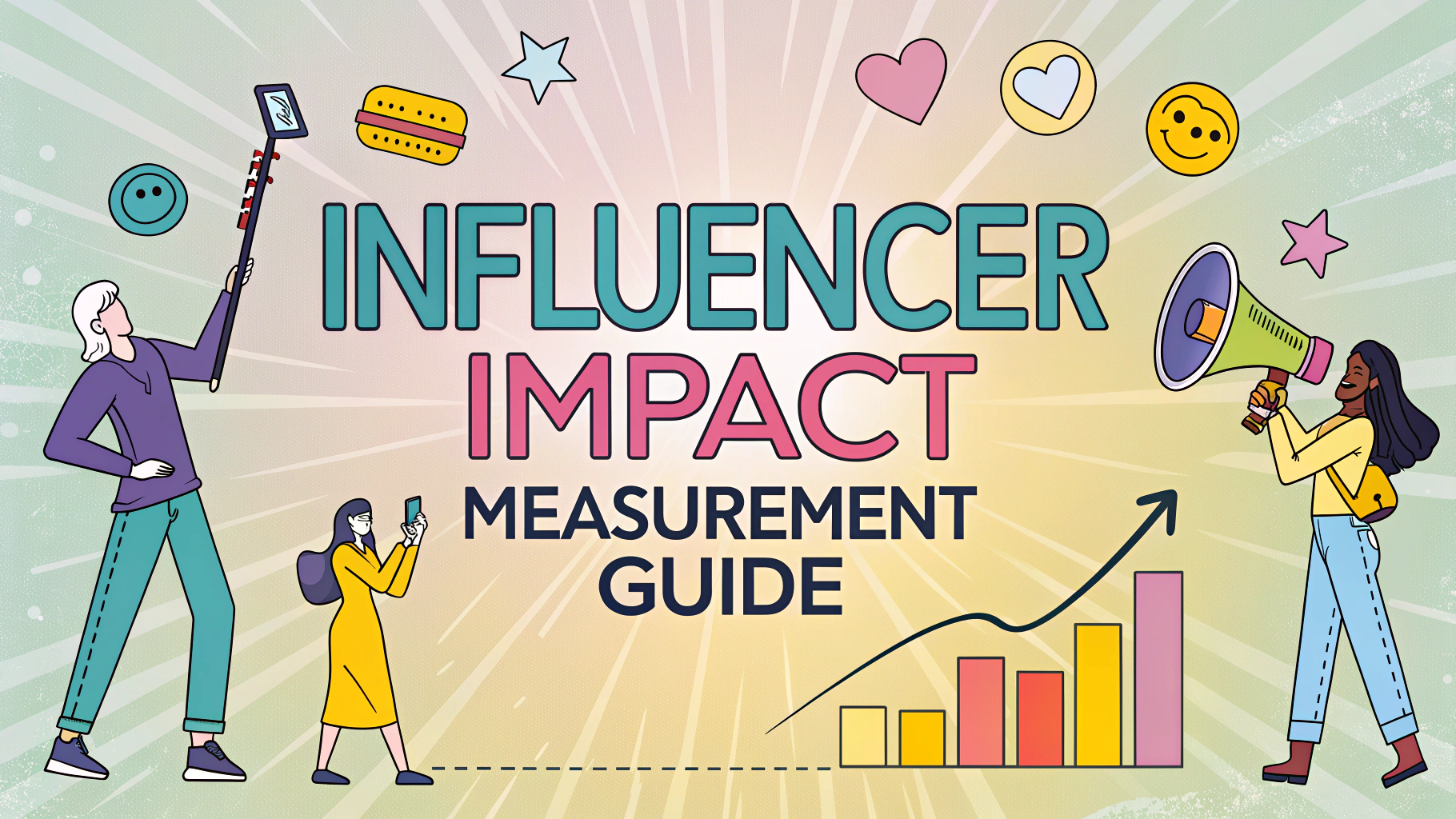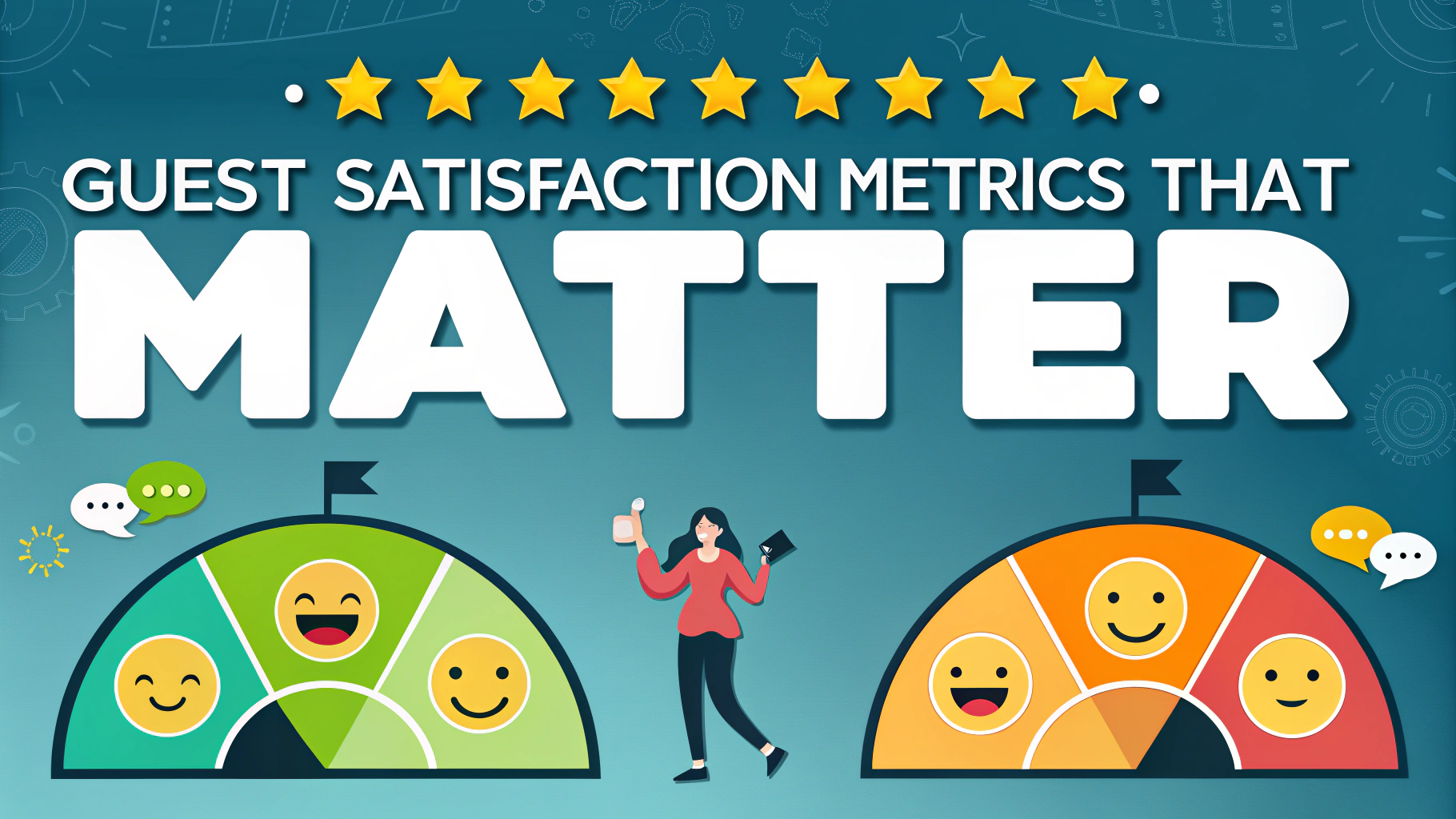Creating a successful multilingual hotel website requires careful planning, cultural understanding, and technical expertise.
A well-executed multilingual strategy can significantly increase bookings from international travelers while building trust with guests from different regions.
This guide outlines proven approaches to develop and maintain an effective multilingual hotel website that drives global bookings.
Key Elements of Multilingual Hotel Websites
- Professional translation services
- Region-specific content adaptation
- Proper URL structure
- Currency conversion
- Local payment methods
Translation Best Practices
Work with native-speaking translators who understand hospitality industry terminology.
Create a glossary of hotel-specific terms to maintain consistency across all language versions.
Use translation management systems (TMS) to streamline updates and maintain version control.
Technical Implementation
- Use hreflang tags for proper language targeting
- Implement responsive design that works across all languages
- Enable automatic currency conversion
- Set up regional servers for faster loading times
Cultural Considerations
Adapt imagery and color schemes to match cultural preferences of target markets.
Display dates, times, and measurements in local formats.
Offer region-specific amenities and services information.
Booking Engine Integration
- Select booking engines supporting multiple languages
- Enable local payment methods for each region
- Display room rates in local currencies
Content Localization Tips
| Element | Action Required |
|---|---|
| Images | Use culturally appropriate visuals |
| CTAs | Adapt button text for local impact |
| Forms | Adjust field formats for local standards |
Testing and Maintenance
Regularly test website functionality across all language versions.
Monitor booking patterns from different regions to optimize content.
Update content simultaneously across all language versions.
Moving Forward with Your Multilingual Strategy
Start with your top 2-3 target markets before expanding to additional languages.
Track metrics specific to each language version to measure success.
Partner with local tourism boards and travel agencies to enhance regional presence.
Contact leading translation service providers like Lionbridge or TransPerfect for professional hospitality translation services.
Ongoing Content Management
Establish a content calendar for regular updates across all language versions.
Create templates for seasonal promotions that can be easily localized.
Maintain a centralized asset library for all multilingual content.
SEO Optimization for Multiple Languages
- Research keywords in each target language
- Optimize meta descriptions and title tags
- Create language-specific XML sitemaps
- Build local backlink profiles
Analytics and Performance Tracking
Set up language-specific tracking in Google Analytics.
Monitor conversion rates by language and region.
Track user behavior patterns across different language versions.
Key Metrics to Monitor
- Booking completion rates by language
- Average booking value by region
- Language-specific bounce rates
- User engagement metrics
Mobile Optimization
Ensure seamless language switching on mobile devices.
Test loading speeds across different regions.
Optimize image sizes for mobile users.
Maximizing Global Reach and Engagement
Invest in continuous improvement of your multilingual website to stay competitive in the global hospitality market.
Regular updates and maintenance of all language versions will ensure consistent quality across your digital presence.
Focus on creating authentic, culturally relevant experiences for international guests to build lasting relationships and increase repeat bookings.
Remember that a successful multilingual hotel website is an ongoing journey rather than a one-time project.
FAQs
- Why is a multilingual hotel website important for success?
A multilingual website helps reach international guests, increases booking potential, improves user experience for non-English speakers, and gives hotels a competitive advantage in the global market. - What languages should I prioritize for my hotel website?
Choose languages based on your current guest demographics, target markets, and website analytics data showing visitor country origins. Common languages include English, Mandarin, Spanish, German, and Arabic. - How does multilingual SEO work for hotel websites?
Multilingual SEO involves optimizing content in each language with proper keywords, meta descriptions, hreflang tags, and localized content while maintaining URL structures that search engines can properly index. - What are the technical requirements for a multilingual hotel website?
Technical requirements include proper URL structure, language selector implementation, content management system with multilingual capabilities, character encoding support, and appropriate hosting infrastructure. - Should I use automatic translation tools for my hotel website?
Professional human translation is recommended over automatic translation tools as it ensures accuracy, maintains brand voice, and provides culturally appropriate content that resonates with target markets. - How do I handle booking engines in multiple languages?
Ensure your booking engine supports multiple languages and currencies, integrates seamlessly with your website’s language options, and maintains consistency throughout the booking process. - What content should be prioritized for translation?
Prioritize essential content including room descriptions, amenities, booking information, location details, policies, and key marketing messages that influence booking decisions. - How can I measure the success of my multilingual website?
Track metrics such as language-specific conversion rates, bounce rates, time on site, booking volumes by language, and revenue generated from different language versions using analytics tools. - What are the legal considerations for multilingual hotel websites?
Consider local regulations regarding business information disclosure, privacy policies, booking terms and conditions, and ensure all legal documents are properly translated and compliant with local laws. - How do I maintain consistent branding across different languages?
Develop a comprehensive style guide for each language, maintain consistent visual elements, and adapt messaging to be culturally appropriate while preserving brand identity.







